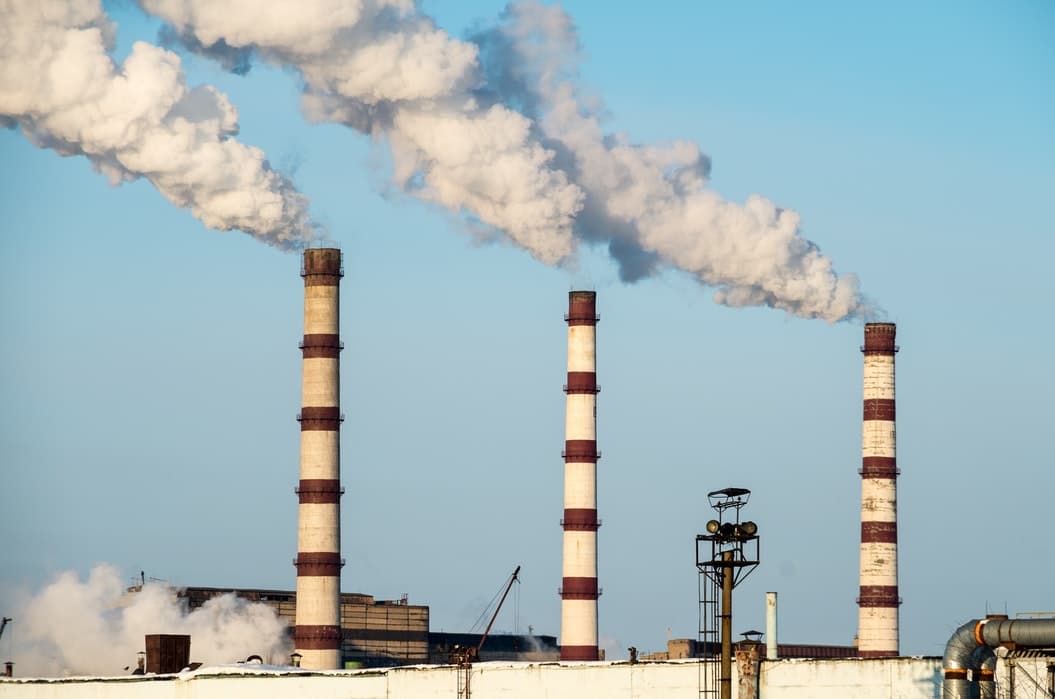New Environmental Justice Office to Address Climate Equity

U.S. Attorney General Merrick Garland on May 5 announced the creation of a new office devoted to environmental justice within the Department of Justice, as well as a comprehensive enforcement strategy to guide the department’s work. The launch is part of a series of actions to secure environmental justice including an interim final rule to reinstate the use of supplemental environmental projects, or SEPs, in appropriate circumstances as part of enforcement settlements to secure benefits for communities harmed by violations.
The enforcement strategy, which is in line with U.S. President Joe Biden’s executive order titled “Tackling the Climate Crisis at Home and Abroad,” issued in January 2021 providing guidance to the Justice Department’s litigators, investigators, and U.S. attorneys’ offices to uphold environmental justice through the enforcement of federal laws. The new office would also assist with investigations and litigation related to environmental justice, as well as facilitate outreach and engagement efforts by the department with communities that suffer from environmental injustice.
Since the harm caused by environmental crime, pollution, and climate change often falls disproportionately on underprivileged and low-income communities, Garland noted that priority will be given to cases involving the most vulnerable communities most burdened by environmental harm.
In this new office, U.S. attorneys will be tasked with assessing the environmental justice impacts of investigations and appointing environmental justice coordinators. The office would also provide staff with education and training. Different environmental groups and the oil industry alike have long supported the program as a means of fighting environmental injustice.
The use of SEPs, through which alleged violators may propose to take up projects that help clean up the environment as a penalty for violating environmental laws, will be subject to guidelines set forth in a separate memorandum. The U.S. Environmental Protection Agency used SEPs as an enforcement tool for over 30 years before the previous administration halted its use. In environmental enforcement cases, defendants can agree to undertake local projects to help rectify environmental violations through settlements. Communities that have been adversely affected by environmental violations may be able to benefit from SEPs by fulfilling the underlying goals of the statutes enforcing them. As part of EPA settlements, SEPs have been used to support projects that have brought significant benefits to communities in the past.
The Justice Department’s Interim Final Rule invites public comment on the new guidelines and limitations.
EnerKnol Pulses like this one are powered by the EnerKnol Platform—the first comprehensive database for real-time energy policy tracking. Sign up for a free trial below for access to key regulatory data and deep industry insights across the energy spectrum.
ACCESS FREE TRIAL